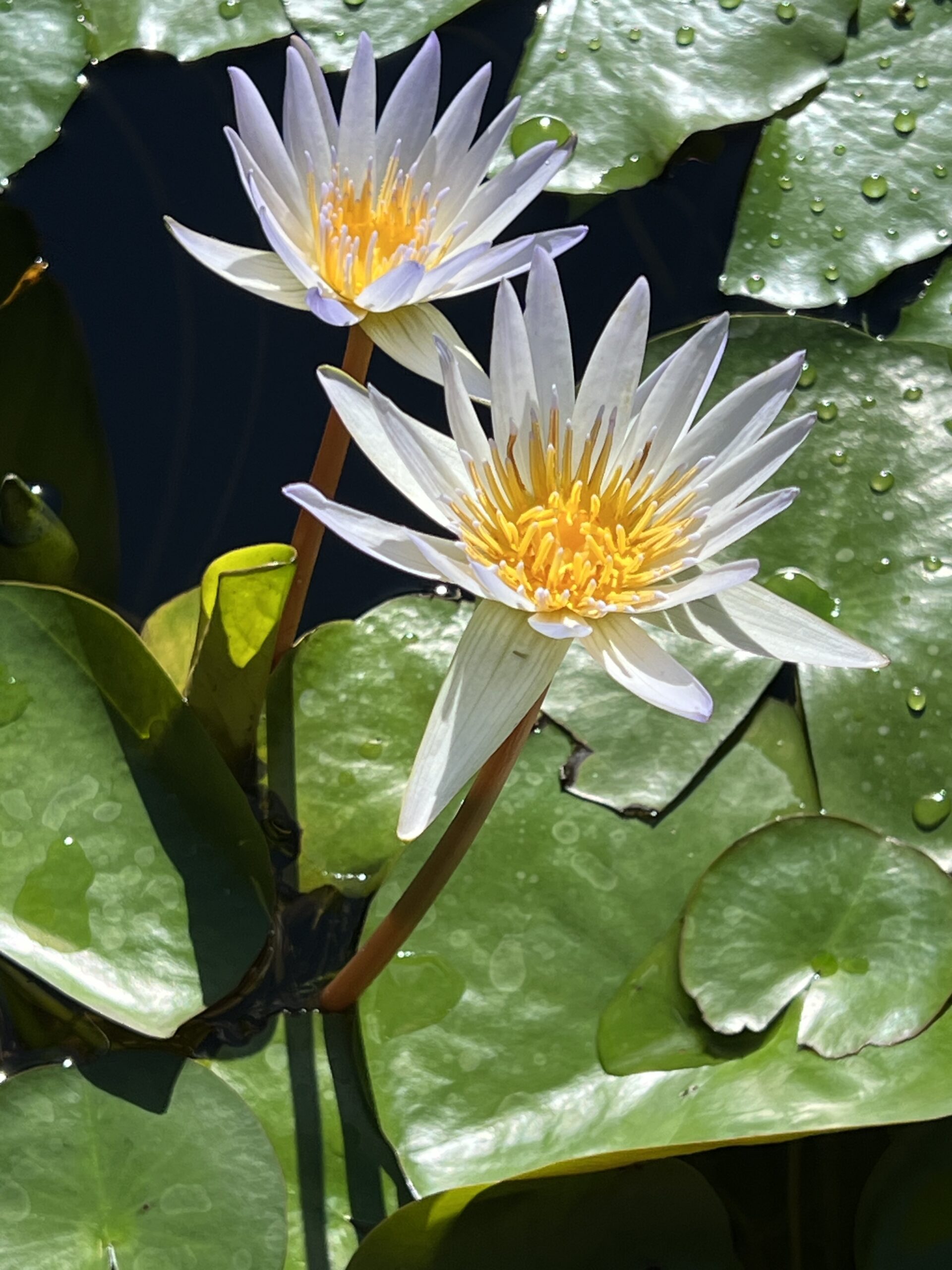“…we cannot stuff everything into this life. Every time we choose one thing, we exclude a dozen others. If we could live a serial existence, we might have a dozen opportunities to follow a talent, an interest, a curiosity, but we don’t.” (James Hollis)
With Groundhog Day (and the film by that name) just behind me, I gravitate to the above statement for the reality check that it is. In the film we see Phil Connors reliving the same day, February 2nd, until he is proficient at French language, ice-sculpting, chiropractics, life-saving, concert piano; even tire changing, bank-robbing and toddler rescuing. Back on Planet Reality, I fear I lack the time, manual dexterity and energy – not to mention self-discipline – to become even a decent ukulele player. This can be a tough pill to swallow. I am becoming, of necessity, more discriminating about what I choose to do. My choices reflect what interests me most, what has heart and meaning for me, and a significant factor in the latter is a sense of community. Simply put, I need people. And so far ukulele playing has delivered in spades!
Walking around with my ukulele has attracted two other keeners who plan to convene on Tuesday for the inaugural meeting of the Nascent Ukulele Players. No doubt we’ll come up with a better name, and I suspect there will be more of us as time goes by. Music has a tendency to attract people like moths to the light, and I imagine all sorts of instruments jamming at informal “talent nights”.
Needless to say, this vision has motivated me to practice for twenty minutes a day, which, if done consistently I’m told will make me an expert in a mere five years! Even in so short a time I marvel at how much progress I’ve made, simply by choosing to spend the time I have (and that of my teacher) to advantage. I now know three chords, am working on a fourth, and next we will put it together into a song! Only a week ago that would be inconceivable. It once again brings to mind Goethe’s quote: “Whatever you can do or dream you can, begin it. Boldness has genius and power and magic in it.” When I bought the ukelele I never imagined that it would draw a diverse group of people who are grateful for any activity that breaks the Groundhog Day-like monotony that COVID precautions have implied, or imposed. In a previous blog I described how COVID has restricted many liberties that I’d taken for granted, which begs the question: how much choice do I really have?
In general, I choose to believe that I am the sum of my choices, which is to say that my choices have led me where I am today. If I am not content with my current situation, I believe I have the power to change it. But if not age, then certainly COVID has taught me that my presumed power of choice is a luxury. This awareness compels me to choose wisely, gratefully, based on a vision of who I might become.
More than any particular choice, what matters to me is taking time to reflect on why I choose what I choose. Is it to meet some ego-driven need? To compare and compete? To succeed at an arbitrary standard I’ve inherited from my peers, teachers, parents, the media? On what does my sense of survival and security depend? My sense of belonging and acceptance? If these depend on outside standards and influences then I have abdicated my independence and autonomy to a revolving door of people who don’t really know me or my purpose on earth. Of course it can be comforting to fit in, but what price conformity? A statement attributed to the Buddha has been my pole star for many, many years:
“Do not believe in anything simply because you have heard it. Do not believe in anything simply because it is spoken and rumored by many. Do not believe in anything simply because it is written in your religious books. Do not believe in anything merely on the authority of your teachers and elders. Do not believe in traditions because they have been handed down for many generations. But after observation and analysis, when you find that anything agrees with reason and is conducive to the good and benefit of one and all, then accept it and live up to it.”
Today I see the benefit of gathering more and more people in a circle of music, gaiety, and shared humanity. Outdoors and socially distanced, of course. As fate would have it, the song we are learning is called Kaleohano. It means “the voice of authority and respect”. It’s your birthright, and the choice to use it is yours.
C-F-C-G7-C x 2; Chorus (C) C7-F-G7-C…
